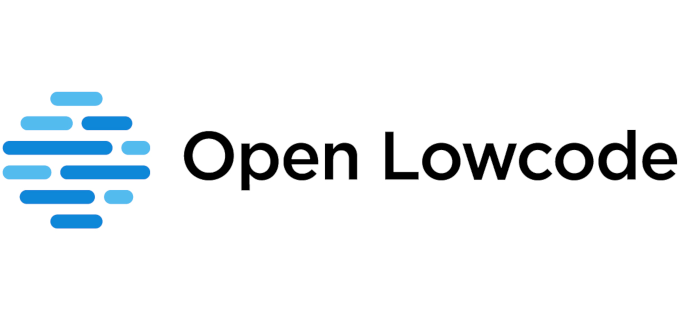Why open-source ?
The Open Lowcode framework is the result of hundreds of days of effort. I took the decision to publish it fully in open-source (no freemium or dual licenses). Here is why.
To be honest, I am not a natural fan of the collaborative economy, and I could experience that , in many situations, money is a better tool to organize society around than alternatives such as politics, personal networks, or moral values. I am doing something that has value for someone, said someone pays me, as I use the money for what I need most. There is also a lot of wisdom and common sense to be gained to look at a situation from a financial point of view. We would be better studying history at school through economic lenses that through anecdotes about the king’s mistresses.
So why did I choose open-source ? Some reasons are linked to my personal situation. I developed the Open Lowcode framework on my personal time while being employed in a large company, and I used it at work to validate the idea. Making the framework open-source is the most elegant way to get out of the grey zone of ownership of the tool without anybody (the company or me) having to pay anything. It allows me to start publishing the framework without leaving, for now, my employer.

Also, being a small initiative, full open-source is a probably the single obvious differenciator I have compared to commercial initiatives. It may be what makes the difference in adoption. This is especially the case as the layer of the framework (enterprise software applications) is often the only one left with significant proprietary software costs: Open-source has now conquered the lower layers: operating systems and databases.
Coming back to convictions, I was for sure not an early enthusiast for open-source, but, after two decades in IT departments of big corporations, I am now convinced the solution is suited to most software products. Obviously, software costs nothing to copy and distribute. If I make the software free, a marginal user who does not contribute to the product also does not cost me anything. This is different from a bread shop who would offer free croissants every morning and could get bankrupt as a result. There are many drawbacks to commercial software. The cost of sales is huge, very often significantly more than engineering effort, while open source spreads freely by word of mouth. And I am not sure there is a way to escape all the perverse incentives of the inevitable vendor lock-in when a customer invests on an enterprise software solution. The result is a mix, to various degrees, of limited features and very high prices.
Also, open-source software is of better quality, and often by several orders of magnitude, especially in the enterprise domain. This is first because of the source code is open, and it is easy for users to point-out, and often correct themselves, issues. This is also because of corporate setup is often not the best way to develop software. There will be complex processes to determine development priorities with management and sales, and this will be almost always worst than a good developer instinct on what is needed, especially if users can also exchange freely with the author.
The biggest risk on open-source is to have a sustainable community to maintain it, which means, mostly, that contributors can get something in exchange for their time. Pleasure and ego can be, to some extent, this something. However, the plan is that most of the contribution to the framework will be from people getting paid fairly for their time: One way is contributing to the framework as part of a mission for their employer, and it will likely be frequent. While developing, a feature is missing, and, in less time that it would take for you to explain your problem to the support organization of a big software vendor, you can develop it yourself, and, by integrating it in the framework, forget about its long-term maintenance.
I am also hoping that core contributors can get some compensation for the time they invest. The amount is of course far less than the equivalent cost of developing software commercially. In the investment-intensive world of enterprise software, there are many services that will offer great value for money while allowing to fund this core effort. The Open Lowcode company (currently under registration in France) will offer trainings, support, services, and also the possibility for customers to accelerate development of special features in the framework by paying for their development. Hopefully, this can give to all the best of both worlds.




Leave a Reply
Want to join the discussion?Feel free to contribute!